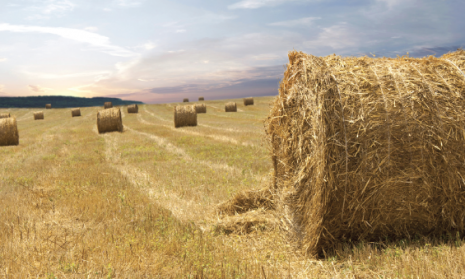Notes on factors to be considered concerning the financial effect of Brexit on British agricultural production

From Article 50 & Agriculture. March 2017 CARAS Bulletin No.47, pp.2-3
Professor Sir John Marsh, CBE, FRAgS offered the following key practical points to consider post-Brexit:
1. At what price in sterling will imports be available?
a. Since prices are set in dollars we need a perspective on $/£ rates and on world market prices.
b. We know that prices will be volatile. In real terms they seem more likely to rise modestly in the long term.
2. At what price will UK farmers be able to access resources?
a. Barriers to immigration are likely to raise costs for labour intensive sectors (unless seasonal worker derogations are implemented)
b. Capital access will depend on the state of the economy. Attempts to shore up growth are likely to raise land prices - a relatively safe haven.
c. What competition will there be for land? A mixture of elements arise here:-
i. Environmental policies that may restrict land use and impede some production systems (but new payments for Ecosystem Services need to accrue also...).
ii. The market demand for land outside farming not only housing and roads, but leisure, heritage, industrial growth.
iii. The prices farmers are able to pay for rent depending on their profitability and the risks involved in making investments that have a long life in a market that fluctuates.
3. This provides a basis for assessing the likely equilibrium level of agricultural production. There then follows other questions?
a. Does this amount to a secure food supply? If not what options exist e g.
i. Public policy that takes a share of the risk of price fluctuation
ii. Public policy designed to increase output beyond the level the market will support.
iii. Public policy focussing on the food chain - making sure that there is a supply - whether from home or overseas sources – that can deliver basic nutritional needs, possibly including some rationing scheme.
b. No UK government will want to allow food prices to consumers to rise. Bargaining power outside the EU could provide leverage for highly competitive external supplies.
Download pdf
